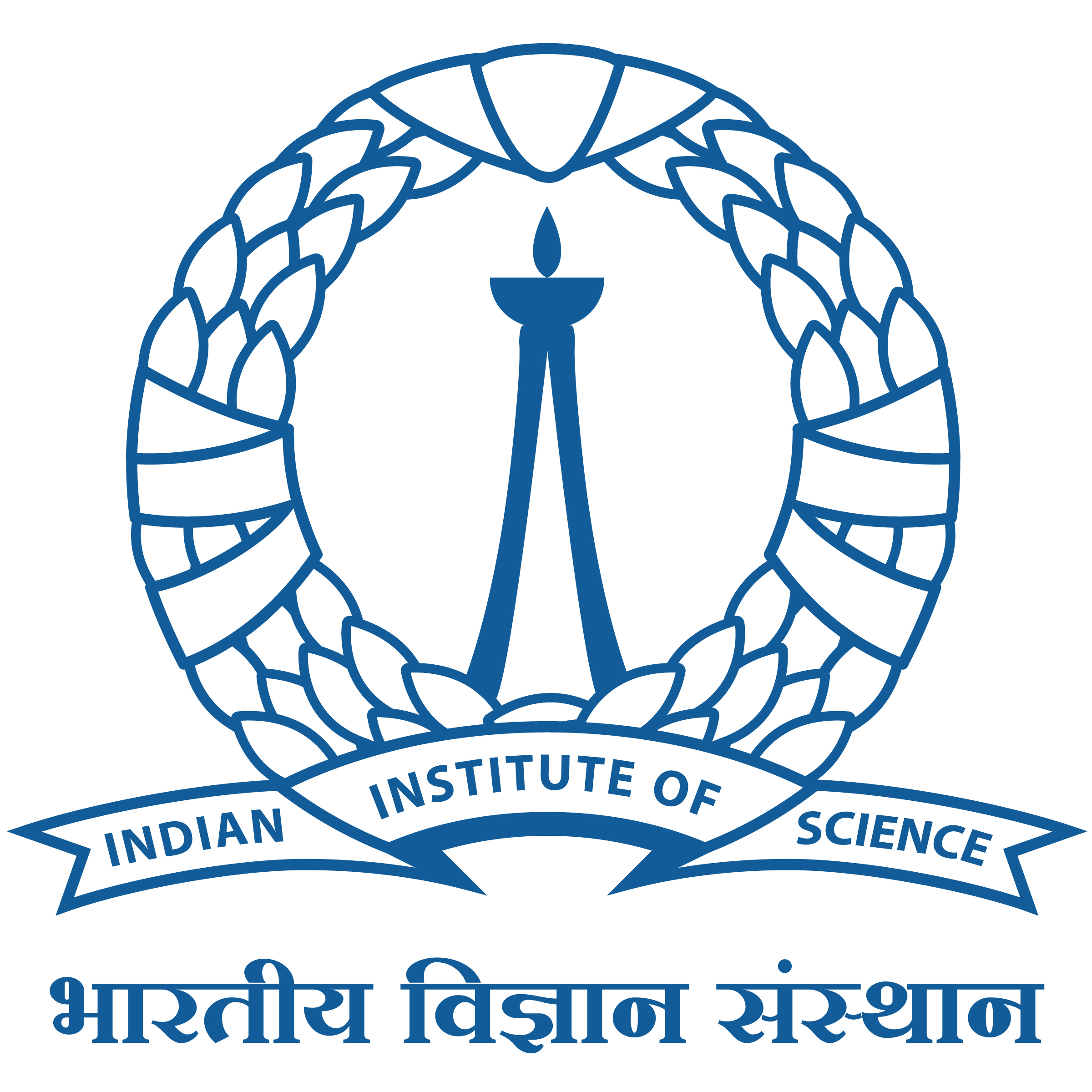
- This event has passed.
Seminar by Dr. Rati Sharma on “Systems Biology In Action: A dive into signaling pathways and behavioral dynamics”
February 27, 2023 @ 4:00 pm - 5:00 pm
Speaker: Dr. Rati Sharma
Title: Systems Biology In Action: A dive into signaling pathways and behavioral dynamics
Abstract:
“Systems Biology” refers to the study of biological systems through modeling, experiments and computational tools. In particular, the workings and implications of genetic networks, behavior and signal-response can be studied through the tools and techniques adapted from the field of systems biology. This field, therefore, has an important role to play in the understanding of biological entities, be it at the level of the cell, tissue or organism. In this talk, I will discuss our work in the area of systems biology along four major themes, namely, (i) theoretical and computational modeling of signaling pathways using concepts from chemical kinetics and non-equilibrium statistical mechanics; (ii) signal response studies in the nematode (roundworm) C. elegans; (iii) development of microfluidics devices and (iv) development of machine learning tools for the study of biological systems.
In the first part of my talk, I will discuss one example of a cellular pathway, viz. the immune response pathway, where noise or fluctuations plays an important role. Through the analysis of this system and upon comparing the theoretically predicted average virus levels to those of COVID-19 patients, we hypothesize that the long lived viral dynamics are due to the long range correlations in the temporal fluctuations of the virion [1, 2]. Next, I will discuss the sensation and behavioral aspects of the model organism C. elegans in response to a heat shock and chemical stimuli [3]. Third, I will talk about the development of microfluidics devices that can aid in performing controlled experiments with these model organisms [4]. And finally, given the need for automation in labor intensive behavioral studies in C. elegans, I will also discuss our efforts in this direction and talk about the recently developed Deep-Worm-Tracker from our lab [5]. I will, therefore, provide an overview of the kind of important biological questions that can be addressed through a combination of modeling, computational and experimental studies.
References:
- Persistent correlation in cellular noise determines longevity of viral infections. Abhilasha Batra, Shoubhik Banerjee and Rati Sharma*, J. Phys. Chem. Lett. 13, 7252 (2022). https://doi.org/10.1021/acs.jpclett.2c01875
- A near analytic solution of a stochastic immune response model considering variability in virus and T-cell dynamics. Abhilasha Batra and Rati Sharma*, J. Chem. Phys. 154, 195104 (2021). https://doi.org/10.1063/5.0047442
- Lessons learned from two decades of modeling the heat shock response. Ayush Ranawade, Rati Sharma and Erel Levine, Biomolecules 12, 1645 (2022).https://doi.org/10.3390/biom12111645
- Microfluidics based bioimaging with cost-efficient fabrication of multi-level micron sized trenches. A Anand, Abhilasha Batra, Santanu Talukder and Rati Sharma*, Submitted.
- Deep-Worm-Tracker: Deep Learning Methods for Accurate Detection and Tracking for Behavioral Studies in C. elegans.Shoubhik Chandan Banerjee, Khursheed Ahmad Khan and Rati Sharma*, Under review. (bioRxiv preprint: https://doi.org/10.1101/2022.08.18.504475)
About the Speaker:
Dr. Rati Sharma is an Assistant Professor in the Dept. of Chemistry at Indian Institute of Science Education and Research (IISER) Bhopal. She graduated in Chemistry from Stella Maris College, Madras University in 2007. Following this, she joined the Integrated PhD program of the Division of Chemical Sciences at Indian Institute of Science, Bangalore, where she completed her MS and PhD in 2013 under the guidance of Prof. Binny J. Cherayil. Her PhD thesis primarily focussed on questions in theoretical biophysics and polymer physics. She then pursued postdoctoral research at the Dept. of Biophysics, Johns Hopkins University, USA from 2013-2016 and at the Dept. of Physics, Harvard University, USA from 2016 to 2018. Her postdoctoral research training encompassed a variety of topics in systems biology. She moved back to India in 2019 where she has steadily established her group. She has received research grants from both DST-SERB and DBT since she joined IISER Bhopal. Her current research interests focus on computational and experimental biophysics, ranging from topics such as stress response dynamics in C. elegans and modeling of signaling pathways to machine learning applications in biological research, to name a few.

